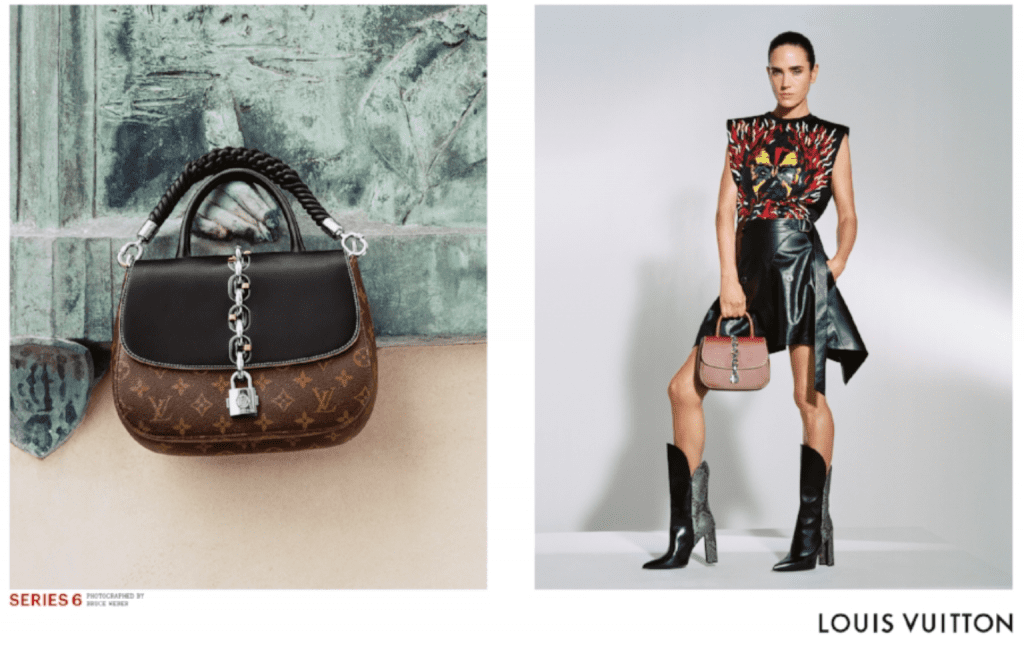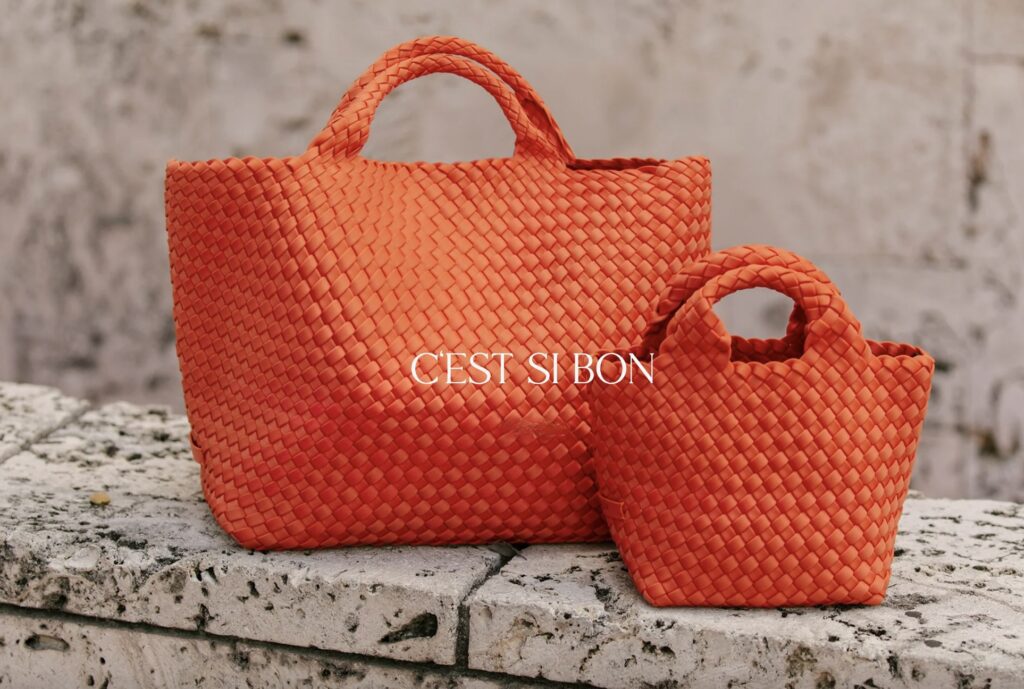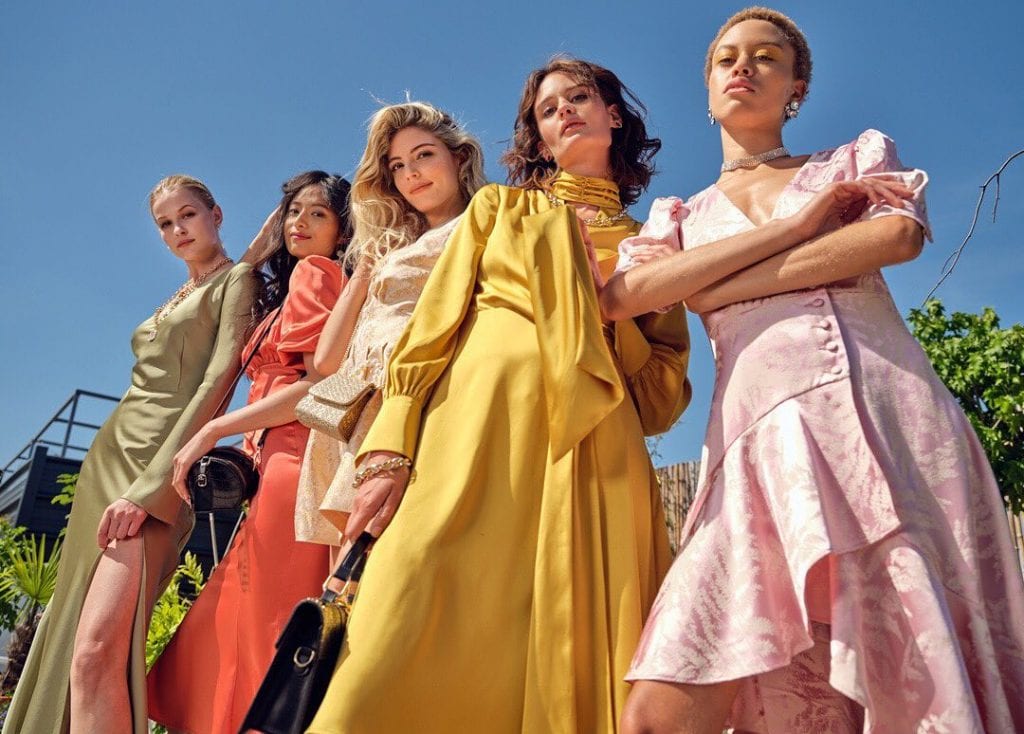Ever the fierce protector of its intellectual property, Louis Vuitton has taken to targeting the unlawful sale of counterfeit goods at flea markets. In 2015, the Paris-based brand sued Swap Shop Inc., a large flea market in Fort Lauderdale, FL, and its owners, Preston and Betty Henn, for allowing vendors to infringe Louis Vuitton trademarks. The two parties settled the case in the midst of trial in the U.S. District Court for the Southern District of Florida, but not before Louis Vuitton was awarded an injunction against the defendants.
More recently, Louis Vuitton has taken action against Dr. Flea’s Flea Market in Ontario for copyright infringement, negligence, and vicarious liability. In its complaint, Louis Vuitton named the owners/operators of the market as defendants, as well as various vendors at the flea market. The brand “alleges that the Landlords knowingly and/or with means of knowledge and/or intentionally and/or negligently, by their actions or by their omissions, permitted and/or facilitated the unabated advertisement, offering for sale and/or sale of counterfeit Louis Vuitton merchandise from the flea market by the Vendors, causing harm to Louis Vuitton.”
Louis Vuitton is seeking damages from the landlords “as a consequence of their direct liability for the infringement of Louis Vuitton’s intellectual property.”
Is the law on Vuitton’s side?
A few key decisions inform how the U.S. courts handle cases dealing with secondary liability claims (the secondary aspect arises from the fact that the most deep-pocketed (and thus, attractive) defendants – the flea market owners – are not the ones that were busted with the counterfeit goods. The vendors were the ones actually in possession of the illegal goods).
The first of these cases involves a 1992 ruling from the Seventh Circuit, which held in Hard Rock Cafe Licensing Corp. v. Concession Services, Inc. that a flea market operator can be liable for trademark violations by its vendors if it knew or had reason to know of them. Several years later, in 1996, the Ninth Circuit observed in Fonovisa, Inc. v. Cherry Auction, Inc. that a flea market operator “cannot disregard its vendors’ blatant trademark infringements with impunity” and held that a flea market operator was liable for contributory trademark infringement because it knew or had reason to know of the infringing activity.
In 2004, the U.S. District Court for the Eastern District of California held that Richard Sinnott, the owner and operator of Marysville Flea Market, was liable for the actions of his vendors, who were selling “pirated or counterfeit music.” Sinnott was found to be liable for contributory copyright infringement because he had knowledge of direct infringement (he had been notified that the vendors were selling music illegally) and he contributed to the direct infringement (by operating the flea market and providing support services). The court also found him liable for vicarious copyright infringement because of his right and ability to control the vendors and because he benefited from the direct infringement.
More recently, handbag company Coach was successful in two related suits. Following a 2010 suit against Frederick Goodfellow, a Memphis, Tennessee-based flea market owner, the Court of Appeals for the Sixth Circuit affirmed a $5 million damages award against Goodfellow. In 2013, Coach sued the same Swap Shop Flea Market (and owners Preston and Betty Henn) as Louis Vuitton and settled for over $5 million.
However, Canadian law is not bound by this precedent, and this case appears to be the first case of its kind, attempting to hold a flea market owner liable for the infringement of its vendors. There have been instances of suits against vendors themselves – such as Chanel’s 2016 case in Ontario Federal Court against Lam Chan Kee Company Ltd., Annie Pui Kwan Lam, and Siu-Hung Lam. While the action against one defendant in the case was dismissed, the court ruled against the “corporate defendant” and Annie Pui Kwan Lam. This ruling was upheld on appeal.
It remains to be seen how Louis Vuitton will fare in the Canadian court, and whether or not this burgeoning legal trend will make waves like it has in the U.S.











